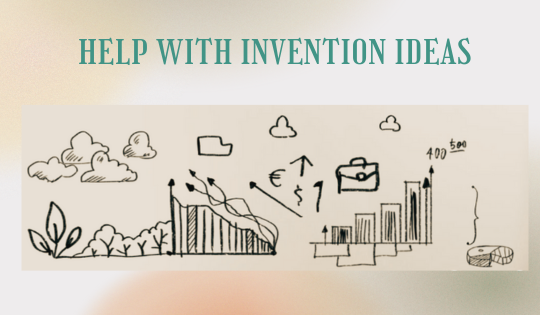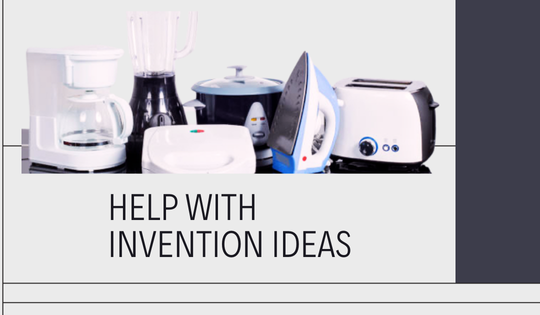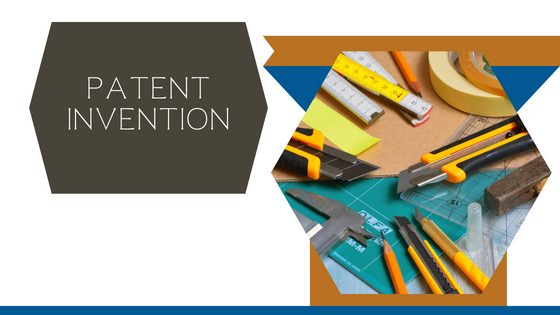The process of obtaining a patent can appear complex and bewildering for those new to patent law. But is it really as complicated as it seems? Let’s examine the intricacies of the patenting process and explain why it might seem complex to some people.
What is a Patent?
A patent is a form of intellectual property right that provides inventors exclusive rights to their invention for a certain period. It prevents others from making, using, selling, or importing the invention without the inventor’s permission.
The Patenting Process: A Brief Overview
The patenting process usually follows these general steps:
Preparing The Patent Application: This requires a detailed description of the invention, including how it’s made, how it works, the problem it solves, and why it’s valuable. Often, technical drawings are also included. This stage requires thoroughness and clarity, which can be a complex task for those without experience in patent law.
Filing The Application: Once the application is ready, it is submitted to the patent office. Different patent offices have different requirements hence thorough research is necessary before submission.
Examination: After submission, an examiner reviews the application to ensure that the invention meets all patentability requirements – novelty, inventiveness, and industrial applicability.
Granting or Denying of Patent: If the invention satisfies all the requirements, the patent is granted. If not, the patent application is denied. The applicant may amend and appeal if they receive a rejection.

Why Is The Patenting Process Seen As Complicated?
Several factors contribute to the perceived complexity of the patenting process:
The Requirement of Technical and Legal Knowledge
Patent applications necessitate both a comprehensive technical understanding of the invention and a grasp of legal requirements and terminology. Balancing these two worlds can be challenging, which is where services like InventHelp can be of great use.
Lengthy Procedure
Obtaining a patent is a lengthy procedure, often spanning several years. This duration can further elongate if complexities arise, such as disputes over patent rights or clarification.
Involvement of Multiple Entities
The application passes through various stages during the patenting process, including patent examiners and, potentially, patent attorneys. This multiple stage process can add to its complexity.
Cost Associated
The patenting process can also be costly, involving fees for filing, examination, grant, and maintenance.
How Can InventHelp Assist?
How to get started with patenting an invention idea? InventHelp is a service that helps inventors throughout the entire patent process. Their professional team can assist in preparing and filing patent applications, providing support through the examination phase, and offering advice on how to handle any patent rejections. InventHelp aims to simplify the patenting process by providing inventors with the necessary resources and guidance, making the path to patenting more accessible for everyone.
Does it cost to use InventHelp services? Yes, InventHelp charges a fee for their services. However, they offer a free consultation to all potential clients and will provide an estimate of the overall cost based on the inventor’s situation. The price is determined by factors such as the complexity of the invention and whether or not you have already created prototypes and filed for provisional patents.
Conclusion
While the patenting process is indeed unarguably complex, it’s indispensable to protect innovations and encourage technological progress. Despite the intricacies and potential pitfalls, patents grant inventors a valuable commodity—the right to protect their roles in shaping the future of technology and industry. To navigate this challenging process, many inventors find it tremendously beneficial to employ services like InventHelp, who are skilled in the legal and technical details of patent laws, thereby ensuring inventors’ rights are protected, and their innovation recognized.





